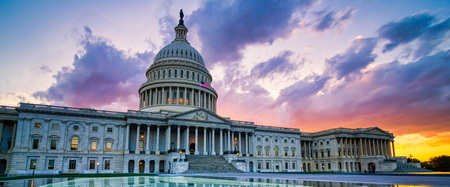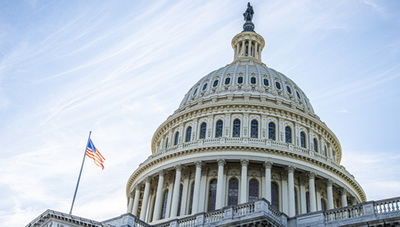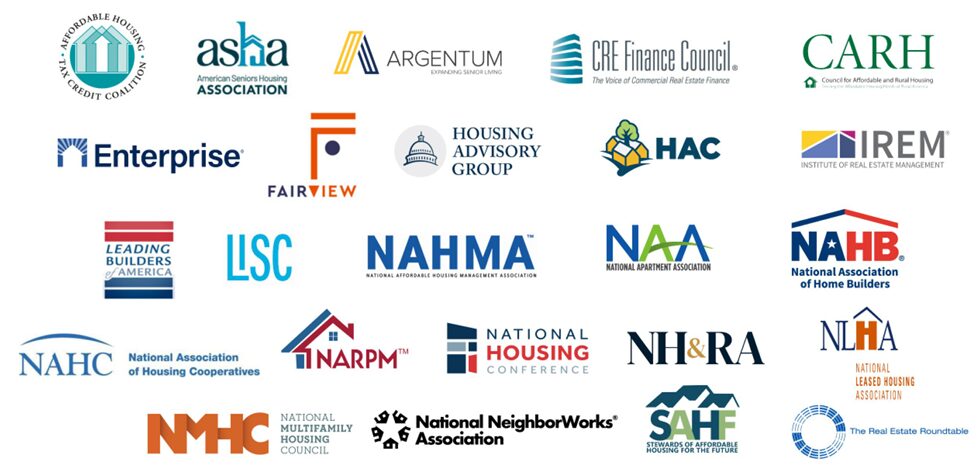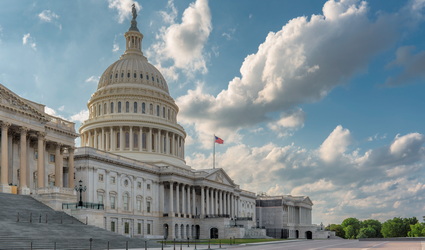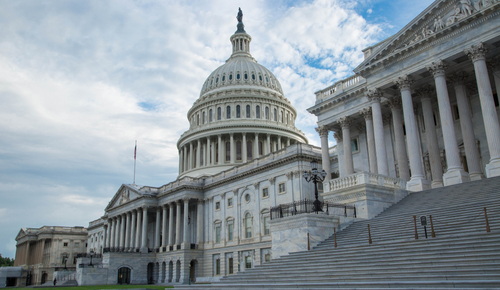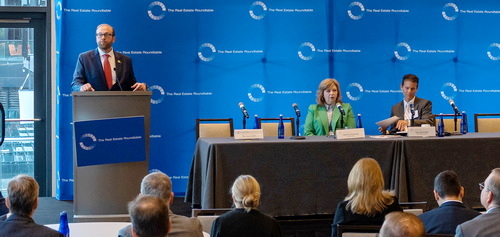
Commercial real estate owners face soaring insurance costs as back-to-back hurricanes place financial strain on insurers and the National Flood Insurance Program (NFIP). The implications for property owners, especially in coastal areas, are severe, with insurance premiums skyrocketing and coverage harder to secure.
Storm Impact and Market Challenges
- Milton is the second major storm to strike Florida in less than two weeks. The hurricane could cause over $50 billion in damages, with worst-case losses approaching $175 billion, according to Wall Street analysts. (CNBC, Oct. 8)
- Potential insured losses from Milton are expected to be substantial and could amount to $60 billion, according to an S&P Global Inc. report. (Bloomberg, Oct. 9)
- Without a robust, long-term NFIP, property owners face escalating risks from future storms, leaving both homeowners and commercial real estate properties vulnerable. (Roundtable Weekly, Oct. 4)

- With more severe storms expected, CRE property owners are struggling to cover rising costs—sometimes opting to forego upgrades or sell assets to manage financial pressures. (NYT, Oct. 8)
- According to Marsh McLennan, premiums on commercial properties have increased by an average of 11% nationwide, and even more in storm-prone areas. The report also states that owners with “significant exposures and sustained losses” can expect rates to climb by 50% to 100%.
- “High-magnitude catastrophe losses, the enduring challenges of the pandemic on the supply chain, fluctuations in the employment market, and rising inflation have banded together to create a perfect storm that threatens the sustainability of every property portfolio.” (Marsh McLennan report)
Federal Challenges and Response
- Lawmakers remain divided on addressing FEMA’s potential disaster fund shortfall, which could jeopardize rebuilding infrastructure like roads and water facilities. Speaker Mike Johnson has indicated no plans for Congress to reconvene and approve more disaster funding. (PoliticoPro, Oct. 9)
- The Biden administration is confident that FEMA’s disaster relief fund has sufficient resources to support recovery efforts for both Helene and Milton. However, they have raised concerns about the fund’s solvency through the remainder of the hurricane season ending in November. (PoliticoPro, Oct. 10)
- Milton could also spark debate again in Washington, D.C., about the need for a national catastrophe insurance program. (PoliticoPro, Oct. 9)
NFIP Under Pressure

- With nearly two million NFIP policies in areas hit by Helene and Milton, the program’s $15 billion in coverage may fall short, prompting debates over whether to raise the NFIP’s borrowing authority, forgive debt, or appropriate funds to cover policyholders’ claims. (Politico, Oct. 9)
- House Financial Services Chair Patrick McHenry (R-NC) and the committee’s lead Democrat, Rep. Maxine Waters (D-CA), have previously collaborated on long-term NFIP reform. However, they now hold differing opinions on how to free up funds for claims if needed.
- Rep. McHenry leans toward raising the NFIP’s borrowing cap or appropriating additional funds, while Rep. Waters has consistently supported debt forgiveness. Currently, Congress has set a $30.4 billion limit on the NFIP’s borrowing capacity from the Treasury.
- The Roundtable has been a long-standing supporter of a long-term reauthorization of the NFIP with appropriate reforms. These measures are essential for residential markets, overall natural catastrophe insurance market capacity, and the broader economy.
The Roundtable, along with its industry partners, continues to work constructively with policymakers and stakeholders to address commercial insurance gaps and rising costs. RER will continue advocating for targeted policy solutions that can help alleviate increased insurance costs for housing providers nationwide.


